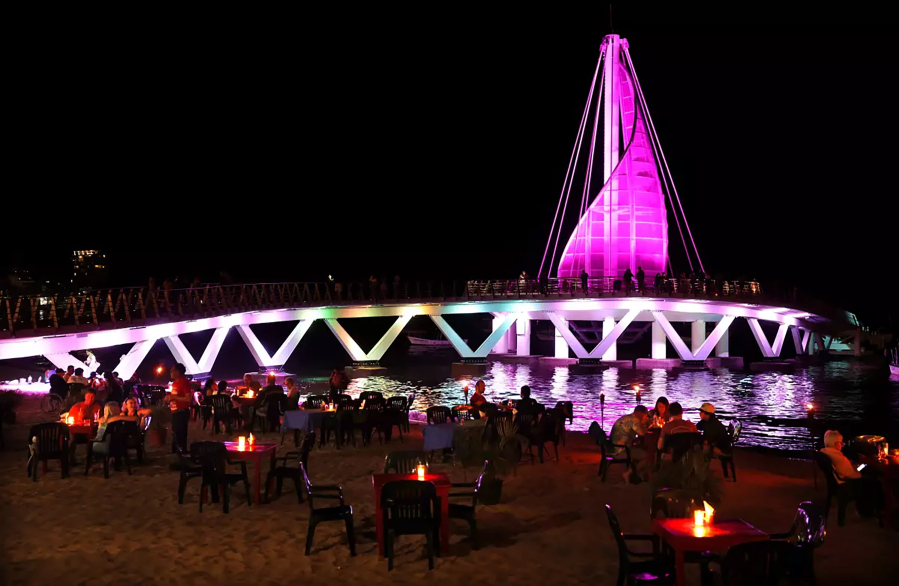Twelve of the pills tested positive for substances not found in regular Adderall, including methamphetamine, caffeine, acetaminophen, and MDMA (more commonly known as ecstasy).
After the investigation, Mexican authorities raided pharmacies in several areas where reporters and researchers had documented the problem. Government authorities closed dozens of pharmacies in the Yucatan Peninsula and Los Cabos throughout the spring and summer. And in late November, authorities closed 31 stores in Ensenada, a port city in Baja California about 80 miles south of Tijuana.
But this fall, a follow-up investigation by The Times at two of the tourist spots the reporter had previously visited found that pharmacies were still selling counterfeit drugs. In Puerto Vallarta and Cabo San Lucas, 15 pills sold as Adderall in November did not contain either dextroamphetamine or amphetamine, the drug's active ingredients.
Instead, 13 involved methamphetamine. Methamphetamine is a closely related but more powerful drug. Some of the orange pills also contained other drugs, such as acetaminophen and caffeine. In two cases, the alleged Adderall was instead packaged in green capsules containing clobenzolex, a weak stimulant sold in Mexico as an appetite suppressant.
Some stores offered the pills individually, but most sold them in sealed bottles. In Cabo San Lucas, the bottles looked different from store to store. Although they all bore the names of major pharmaceutical companies, they often bore misspellings, typographical errors, mistranslations, and obvious signs of forgery.
